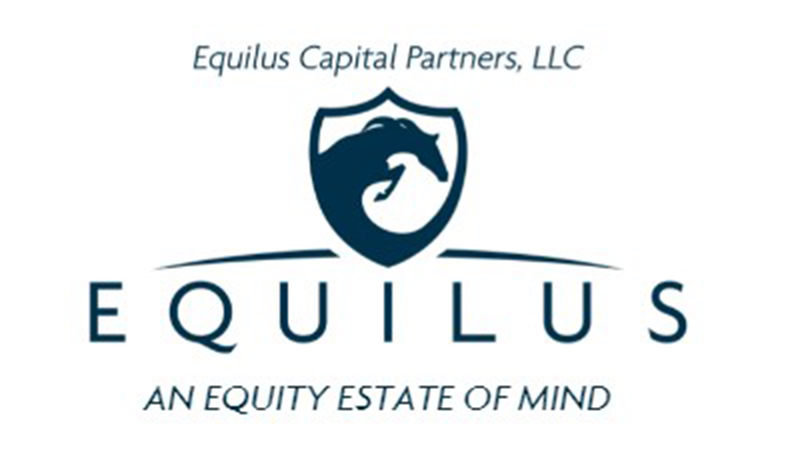Cash Flow vs Tax Flow
by L. Jake Carpenter, VP of Investor Relations
When it comes to retirement and figuring out how to live comfortably in your later years, the amount of “cash” or “assets” you’ve accumulated is not the most important factor. Rather, one of the most important issues you must address is how to convert your cash and assets into cash flow that is consistent and increases over time to adjust for inflation. After all, a loaf of bread is not going to cost the same 10 years down the road as it does today.
There is a flip side to cash flow that must also be addressed. I am referring to what I call “Tax Flow”. Managing your tax flow is almost as important as creating your cash flow! It boils down to how much you’ll have available to spend at the end of the day, after taxes.
If your tax flow is not managed, you will have much less cash flow available to spend. It is a matter of efficiency and coordination in your financial world. I once met with a couple that had worked hard over the years on their farm. They had followed the advice of their tax professional and put most of what they earned back into the farm. They also followed the advice of their financial planner and put the rest into a retirement plan. Their retirement plan kept their taxable income lower because the money they put into it isn’t subject to income tax until it’s drawn from the account. Now, years later they are meeting with me because they want to create cash flow from their assets so that they can slow down, retire, travel around the country, and enjoy their grandkids. They have no debt on their farm which is now worth $5 million, and they have $2 million in their retirement accounts.
Now, don’t get me wrong, they have done a great job at accumulating some cash and assets. However, they are faced with a potentially huge, “tax flow” issue. This tax flow issue must be addressed and managed before the assets are repositioned to produce passive cash flow.
Consider the farm. The farm needs to be sold to reposition the asset. But if they sell the farm, they will owe capital gains tax on approximately $4 million of the $5 million dollar sale. This will create a huge “tax flow” event. You may be wondering, “Why don’t they just use a 1031 exchange?” Simply because they want to slow down. A 1031 Exchange requires that the proceeds from the sale are used to buy a “like-kind” property.
The replacement property must be identified within 45 days and the sale closed within a 180-day window. Due to the time constraints of a 1031 Exchange, it can be difficult to thoroughly vet a prospective replacement property, which in the end, can prove to be costly. However, there is an alternative. One could consider putting the proceeds from a 1031 Exchange into a Delaware Statutory Trust. Delaware Statutory Trusts own income-producing real estate that qualifies as “like-kind” or replacement property. Now, what about their retirement accounts? The good thing about the way their retirement accounts were set up is that it saved them from paying taxes on part of their income, while they were working. But now, the bad news is that 100% of their retirement account is subject to ordinary income tax. And those tax rates could be even higher in the future. Unfortunately, there is no way of knowing how their stocks, bonds, and mutual funds will perform from month to month, for the next 30+ years. You see, the rules a financial planner uses to grow your account when you were working and contributing no longer work when you’re retired and need to draw income off the account. When you reach retirement, rules like diversification, dollar-cost averaging, focus on return averages, and asset allocation no longer apply. The fact is, if you set up systematic withdrawals from a diversified portfolio it is generally doomed to fail. That’s because it requires you to do the wrong thing at the wrong time. For instance, like buying high and selling low! It can turn dollar-cost averaging into dollar-cost ravaging.
It is important to work with an advisor that has the resources to help you reposition your cash and assets into a position that creates tax-efficient cash flow that can keep up with inflation. Reach out to me today if you would like to learn how Equilus Capital Partners can help you manage your “tax flow” and your “cash flow” for a brighter future.
Call to learn more. (509)665-8349
